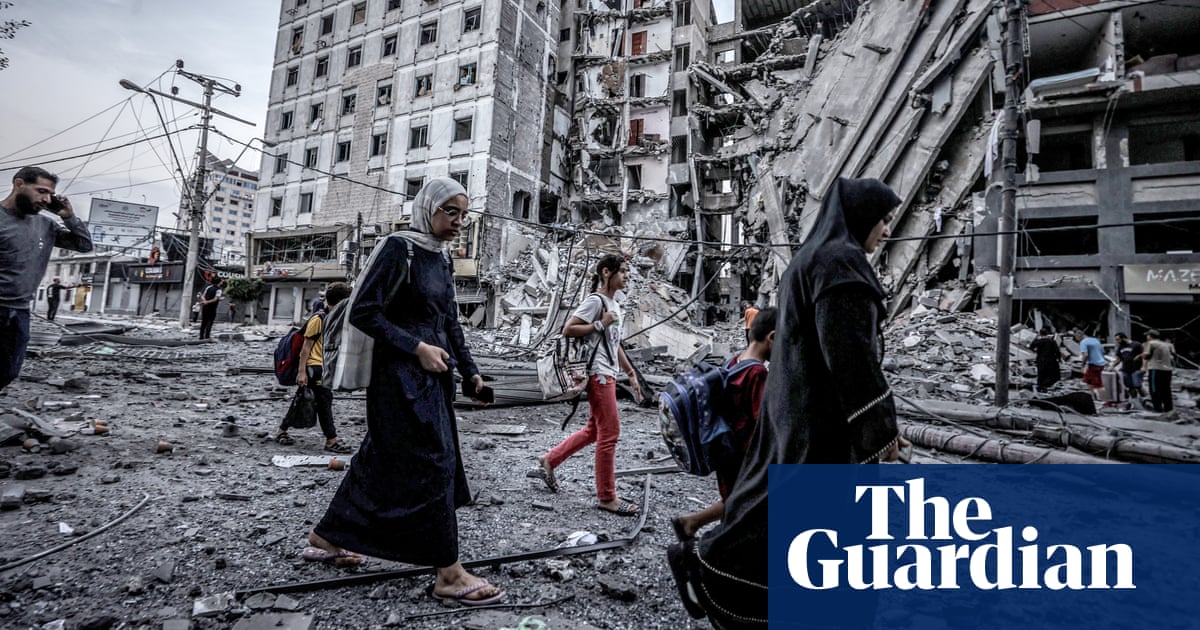Inventions against the natural order of things
+ Gaza Diary, Learning from Covid to communicate the climate crisis, and more (#462)
Before we dive into this week's recommendations... A fun little automation I've created recently: I've attached an NFC sticker to my nightstand. Now every time I tap it with my phone, automagically, something great to read appears on my phone (as in: it opens www.weeklyfilet.com/surprise).
Cost less than $1, took no more than 2 minutes to set up and it makes me prouder than I should be. Not saying you should do it, too, but yes, I'm totally thinking you should.
Anyway...
1. The Best Inventions of 2023
Growing older is basically just trying to prove Douglas Adams wrong. In this famous quote, he describes how people react to new technologies. «[...] Anything invented after you're thirty-five is against the natural order of things.» I try to keep a sense of awe and wonder even after passing his threshold, and let myself become excited about new opportunities rather than turning into a grumpy nostalgic tech-boomer. Lists like this help — so many interesting things to discover.

2. Gaza diary: ‘We survived another night. Every inch of my body aches’
Intimate. Raw. Moving. The diary of Ziad, a 35-year-old Palestinian, who tells what life is like in Gaza since Israel declared a siege. This is the first part from October 13, the most recent ones can be found here.

3. New climate metrics for new climate conversations
Remember when we all frantically stared at R-values, hoping for them to fall below 1.0 — because we had all learned that this is when things get better during a pandemic. A research team in London is trying to find something comparable for the climate crisis: a simple metric that gives the general public a clear understanding of where thing stand, and ideally a sense of urgency. They‘ve come up with an interesting set of 3 numbers. They lack the urgent appeal of Covid numbers, but they do have one crucial quality most other climate metrics lack: a «natural threshold between good and bad». People can look at the current number and know if it’s good or bad.





